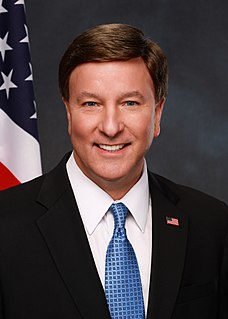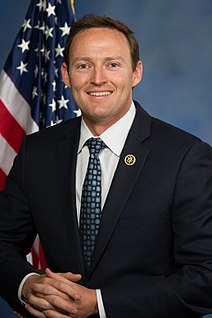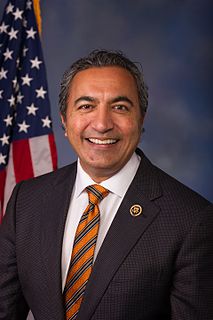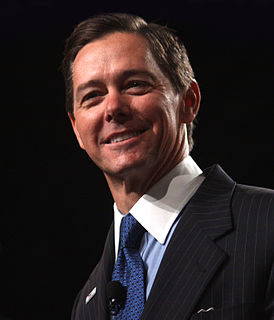A Quote by Fareed Zakaria
Intriguingly, in poll after poll, when Americans are asked what public institutions they most respect, three bodies are always at the top of their list: the Supreme Court, the armed forces, and the Federal Reserve System. All three have one thing in common: they are insulated from the public pressures and operate undemocratically. It would seem that Americans admire these institutions, precisely because they lead rather than follow.
Related Quotes
Crossing the Finish Line is a must-read for anyone concerned with the disturbing fact that Americans can no longer count on each generation being better educated than the last. Focusing on public institutions that educate more than three-fourths of U.S. students, Bowen, Chingos, and McPherson provide compelling arguments that institutions and policymakers must find new ways to overcome deeply entrenched patterns if our country is to regain its position as the most educated.
Certainly polling is a tool for leadership. It's not a program for leadership. And you can abuse a tool. You can overuse it. A leader who looks to the latest poll finding and says, "Well that's what I should do", that's not a very good leader. I mean that's someone who is not taking this poll and saying, "Well what am I gonna have to do to get public acceptance of my policies?" It's someone who is interested in their own election or re-election, and their own popularity rather than genuinely serving the public interest.
I think the public library system is one of the most amazing American institutions. Free for everybody. If you ever get the blues about the status of American culture there are still more public libraries than there are McDonald's. During the worst of the Depression not one public library closed their doors.
I worry a great deal about all of those surveys that are out that Americans, in particular, are becoming distrustful of our institutions - that Americans are beginning to say they're either irrelevant or they're corrupt or they certainly don't speak to me. But the institutions are actually still functioning.
Our nation is built upon a history of immigration, dating back to our first pioneers, the Pilgrims. For more than three centuries, we have welcomed generations of immigrants to our melting pot of hyphenated America: British-Americans; Italian-Americans; Irish-Americans; Jewish-Americans; Mexican-Americans; Chinese-Americans; Indian-Americans.
Transparency concerning the Federal Reserve's conduct of monetary policy is desirable because better public understanding enhances the effectiveness of policy. More important, however, is that transparent communications reflect the Federal Reserve's commitment to accountability within our democratic system of government.
With each passing year, people of faith grow increasingly distressed by the hostility of public institutions toward religious expression. We have witnessed the steady erosion of the time-honored rights of religious Americans - both as individuals and as communities - to practice what they believe in the public square.
































